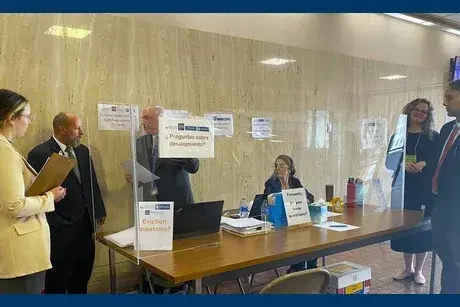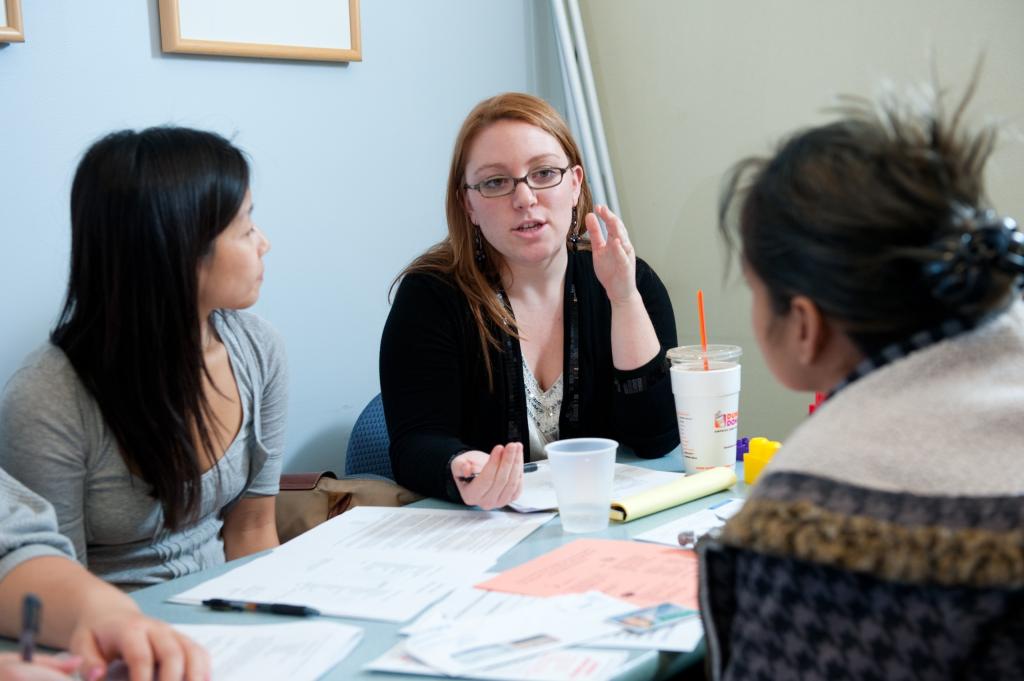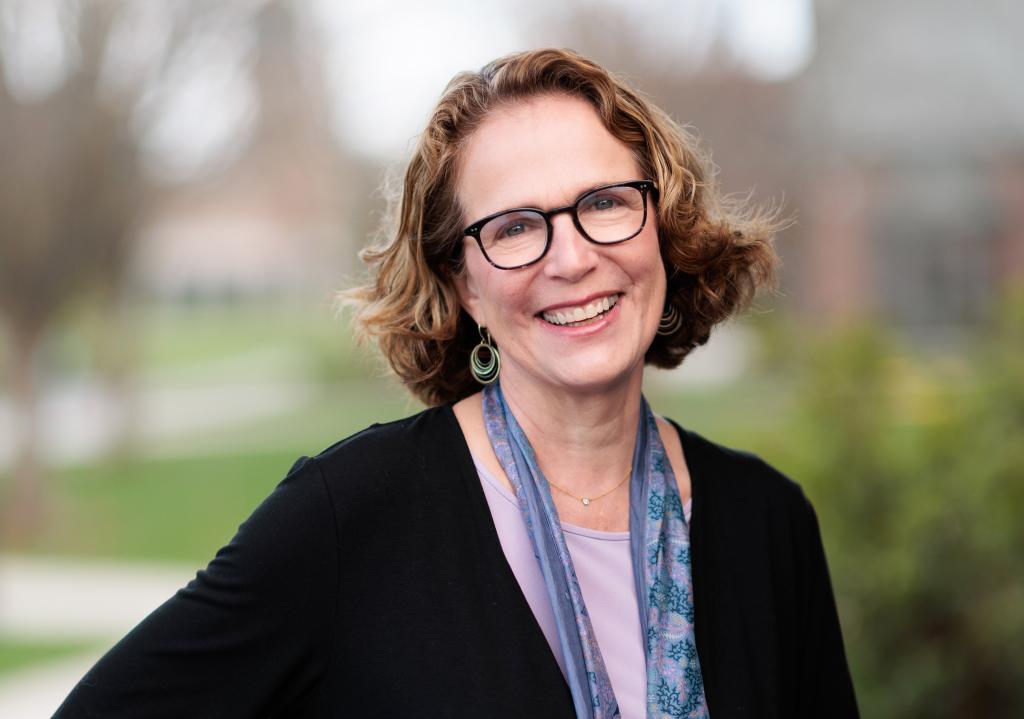RWU Law Students Go Above and Beyond with Pro Bono
Pro bono legal service increases access to justice for underserved clients while allowing students to gain valuable experience.

Third-year law Roger Williams University School of Law student Tim Caplan has a public service mindset. Throughout college, he volunteered with Beat the Streets, an organization that mentors youth through wrestling programs.
When he came to law school, Caplan continued his public service through pro bono legal work.
RWU Law requires law students to perform at least 50 pro bono hours prior to graduation. Caplan has quadrupled that, completing more than 200 hours.
At graduation, Caplan will be among more than 60 students in the Class of 2024 recognized for at least 100 hours of pro bono legal service. They represent the school’s strong commitment to the public interest, led by the Feinstein Center for Pro Bono & Experiential Education.
“We, as a school, have a very strong and deep social justice ethic,” says Director of Pro Bono & Community Partnerships Eliza Vorenberg. “And we’re known for that.”

Many opportunities
Among a number of other public interest and experiential programs, the Feinstein Center oversees pro bono projects including Street Law, which teaches youth about their legal rights; Adult Correctional Institution Civil Legal Clinic Projects; an eviction help desk; and more.
One of the major pro bono projects at RWU Law is Alternative Spring Break (“ASB”), which pairs students with public interest legal programs locally and around the country. In 2024, 91 students participated, volunteering with 37 organizations.
Amanda Rotimi also completed around 200 hours of pro bono work, including two years of ASB. While she enjoyed her first-year classes, “I really was trying to get a hands-on experience, because there is a big difference between law in theory and law in practice and I was really yearning for those experiences.” ASB placements working with landlord-tenant matters for Rhode Island Center for Justice and helping the City of Central Falls Law Department handle properties that had fallen into disrepair gave her the experiences she was seeking.
ASB lasts a week. RWU also offers ongoing projects that allow students a flexible way to complete pro bono hours. For example, Caplan’s “proudest accomplishment” in law school was as a student leader of the Street Law program. He led groups of RWU Students visiting middle schools where he’d volunteered with Beat the Streets. The RWU Law team spoke with the middle schoolers about the legal rights they have in school and outside.
“I had kind of gone full circle, and I could help the kids that I had coached in wrestling, and that I still do coach in wrestling,” he says. “I got them an opportunity to learn some stuff that a lot of other people don’t have the opportunity to [learn].”
Community connections
RWU Law pro bono also capitalizes on the school’s community connections, including to the judiciary.
When she came to law school, Rotimi had never heard of judicial clerkships, which are post-graduate positions in judges’ chambers. Her pro bono internship with Judge Mary McElroy of the United States District Court for the District of Rhode Island opened her eyes to clerkship opportunities. After graduation, she will begin a one-year clerkship with U.S. District Judge John McConnell.
“That’s such an amazing connection to have,” Rotimi says. “The judges really have a good relationship with Roger Williams.”
A defining moment
Even students who aren’t interested in public interest careers can gain valuable skills through pro bono service.
When asked why a busy law student would want to go above and beyond the school’s pro bono requirement, Caplan says, “If you want a great resume, do more pro bono work.”

Ultimately, pro bono work can be one of the highlights of law school. “A lot of students say that doing their pro bono service has altered the course of their professional aspirations,” Vorenberg notes. “We’ve had students say that their experience was the defining moment of their law school journey. It’s been very powerful.”
*For a listing of the most recent schoolyear's students who have completed one hundred hours or more of pro bono legal service, visit this the Pro Bono Experiential Learning section.
